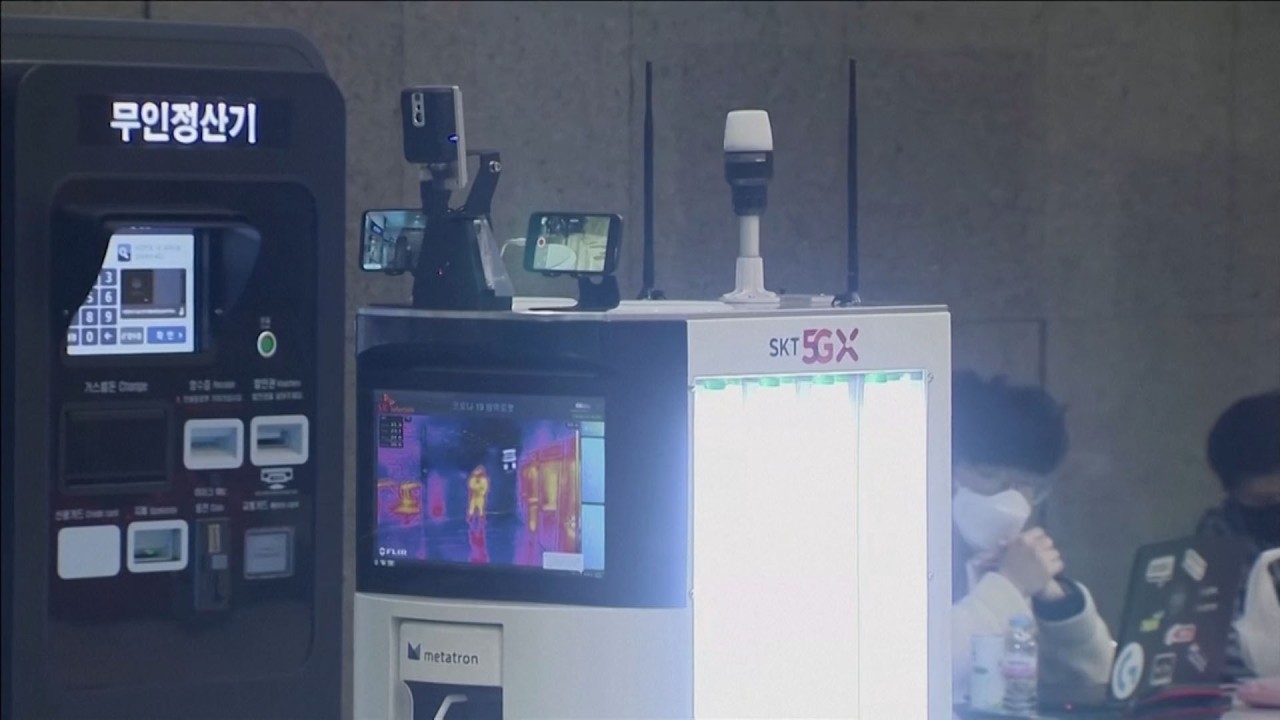
Letters | Covid-19 recovery in Asia-Pacific depends on digital transition, supply chain resilience
- The public sector must catch up with the private sector in moving government services to digital platforms by creating the right legal and investing environment
- The UN is working together with members and the private sector to accelerate achieving sustainable development goals and a sustainable recovery from Covid-19
As the pandemic forces us to catch up with the digital future much faster, there are tremendous opportunities offered through digitisation. Trade and supply connections still functioned during lockdowns as government institutions not only streamlined their procedures but also turned to contactless and paperless trade. Firms surviving the crisis did so because of their ability to speedily move to digital operations. Businesses in textile, apparel, footwear, transport and other sectors have almost entirely converted to digital operation.

07:15
How hi-tech solutions are being used across Asia to cope with the coronavirus pandemic
Businesses are keen to adopt environmental sustainability principles by taking the opportunity of global reshoring and redrafting supply chains. Re-enabling trade and investment and strengthening connectivity can only be done with coordinated and collaborative government actions at the regional level based on mutual trust, solidarity and sustainability.
The ongoing UN-wide initiative to develop model provisions to address a pandemic-like crisis is a significant step forward. Enhanced support for trade facilitation, trade digitisation and development of paperless and contactless trade remain a priority.
Finally, we must rapidly achieve digital, resilient and decarbonised regional connectivity. The Asian Highway Network and the Trans-Asian Railway Network have helped countries capture and analyse policy responses and impacts on regional connectivity. This has resulted in concrete proposals on collaborative actions to improve the pandemic response in Asia and the Pacific.
Through ongoing partnerships within the United Nations, the UN Economic and Social Commission for Asia and the Pacific (Escap) is working together with member states and the private sector to accelerate achievement of sustainable development goals and realise a sustainable recovery from the pandemic.
Armida Salsiah Alisjahbana, undersecretary general, United Nations; executive secretary, UN Economic and Social Commission for Asia and the Pacific


